Sundance's The Pink Cloud proves post-pandemic sci-fi will never be the same

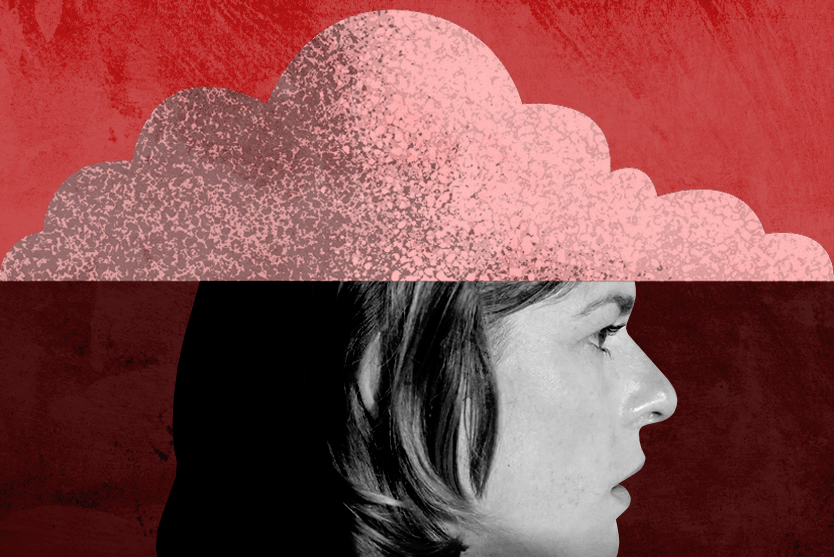
A free daily email with the biggest news stories of the day – and the best features from TheWeek.com
You are now subscribed
Your newsletter sign-up was successful
You can't argue with Merriam-Webster's word of the year for 2020: the obvious, accurate "pandemic." But when I think back on last year, the word that stands out is surreal. It's what "we reach for when reality threatens to overwhelm us," NPR wrote in a 2013 story about how the media describes mass shootings and other tragedies, going on to use the adjective in a sentence uttered by a hypothetical disaster witness: "It was surreal … like a scene in a movie."
So what happens when you reverse it, when a scene from a movie is as surreal as real life?
Such is the experience of watching The Pink Cloud at Sundance, written by Brazilian writer-director Iuli Gerbase in 2017 and filmed in 2019. The film's thought experiment asks what would happen if a toxic cloud descended on the planet, trapping everyone where they were caught … for literally years. But it is no fault of Gerbase's that her quarantine premise doesn't feel very novel anymore: The Pink Cloud illustrates the distinctive and growing divide between sci-fi disaster movies made pre- and post-pandemic.
The Week
Escape your echo chamber. Get the facts behind the news, plus analysis from multiple perspectives.

Sign up for The Week's Free Newsletters
From our morning news briefing to a weekly Good News Newsletter, get the best of The Week delivered directly to your inbox.
From our morning news briefing to a weekly Good News Newsletter, get the best of The Week delivered directly to your inbox.
During the early days of the outbreak, movies were one of the only reference points for what we were living through. Interest spiked for films like 1971's The Andromeda Strain, 1995's Outbreak, and 2011's Contagion. It was only a matter of time, though, before people started to notice all the things disaster movies got wrong. We panic-bought toilet paper, not food. Deaths mounted gradually, not all at once. No one ever had to shoot their zombie dog.
Today, the pandemic is no longer "surreal"; it's the dull monotony of our life. We are so intimately familiar with quarantine and social distancing and R numbers that we won't require a panicked scientist to explain the concepts to us in the exposition. Hollywood has already altered its course to account for the outbreak, like with the movie Songbird, which imagines a future where COVID-19 mutates into something even worse.
The Pink Cloud didn't have the same benefit of hindsight; written three years before lockdown was a global reality, it focuses on how a casual fling becomes a long-term relationship when circumstances force a couple to live together. Gerbase gets more right than she gets wrong: the virtual therapy, internet exercise classes, and communicating with neighbors via window messages. But she couldn't have anticipated the raw emotions that we're fluent in now: the dread, the boredom, the dark humor, the conspiracies. The result is a noticeable disjointedness between the imagined strain of isolation and our expertise with it.
Like spaceflight and the invention and popularization of the home computer, we've now lived through a science-fiction scenario that previously we'd only been able to experience in fiction. In that sense, The Pink Cloud is a special — and soon to be extinct — genre of movie, because it does something we'll never be able to do again. It asks a question we can't un-learn the answer to: What if?
A free daily email with the biggest news stories of the day – and the best features from TheWeek.com
Jeva Lange was the executive editor at TheWeek.com. She formerly served as The Week's deputy editor and culture critic. She is also a contributor to Screen Slate, and her writing has appeared in The New York Daily News, The Awl, Vice, and Gothamist, among other publications. Jeva lives in New York City. Follow her on Twitter.
-
 My Father’s Shadow: a ‘magically nimble’ film
My Father’s Shadow: a ‘magically nimble’ filmThe Week Recommends Akinola Davies Jr’s touching and ‘tender’ tale of two brothers in 1990s Nigeria
-
 Send Help: Sam Raimi’s ‘compelling’ plane-crash survival thriller
Send Help: Sam Raimi’s ‘compelling’ plane-crash survival thrillerThe Week Recommends Rachel McAdams stars as an office worker who gets stranded on a desert island with her boss
-
 ‘Longevity fixation syndrome’: the allure of eternal youth
‘Longevity fixation syndrome’: the allure of eternal youthIn The Spotlight Obsession with beating biological clock identified as damaging new addiction
-
 Is a social media ban for teens the answer?
Is a social media ban for teens the answer?Talking Point Australia is leading the charge in banning social media for people under 16 — but there is lingering doubt as to the efficacy of such laws
-
 Why are American conservatives clashing with Pope Leo?
Why are American conservatives clashing with Pope Leo?Talking Points Comments on immigration and abortion draw backlash
-
 Questions abound over the FAA’s management of Boeing
Questions abound over the FAA’s management of BoeingTalking Points Some have called the agency’s actions underwhelming
-
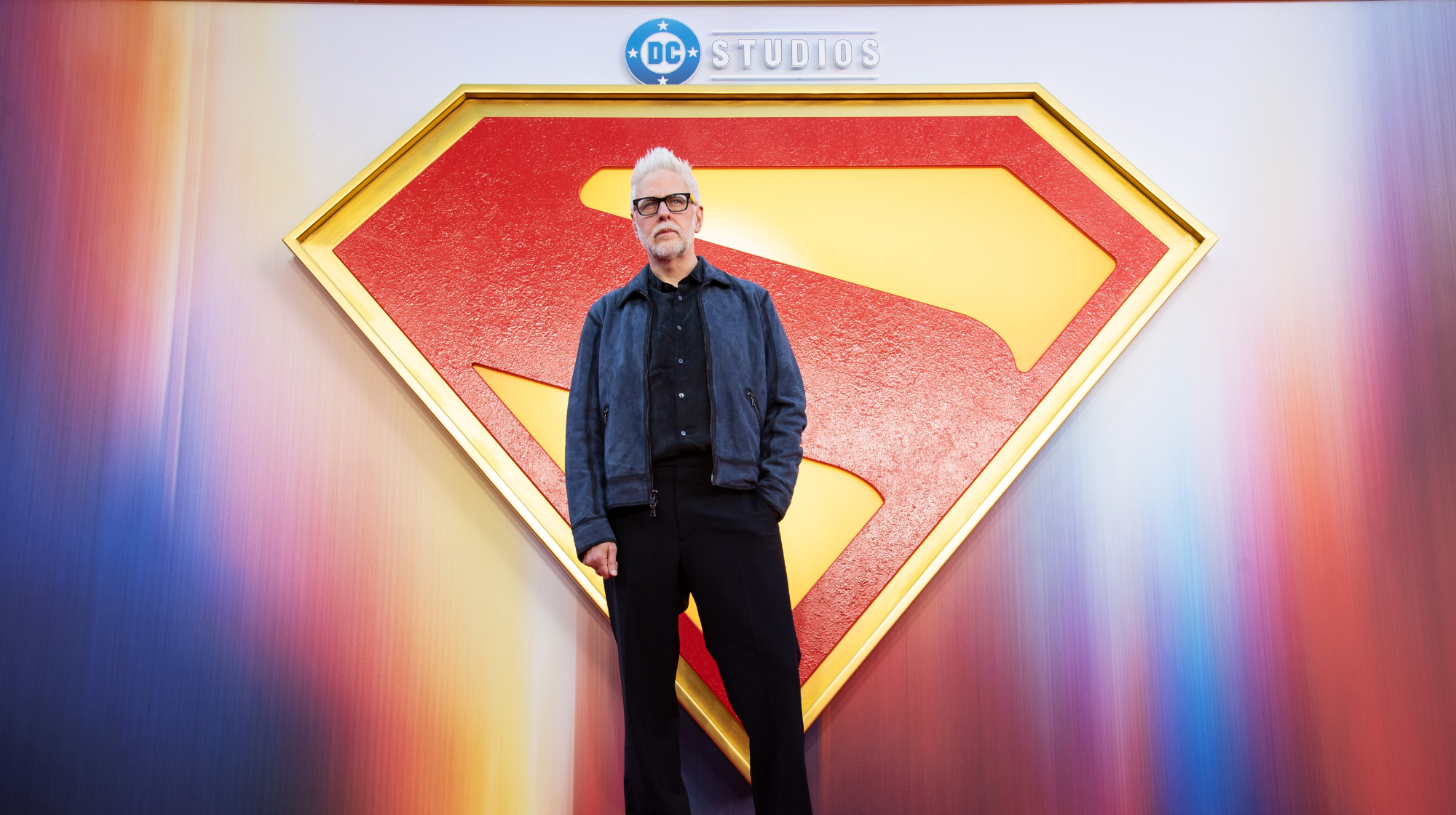 'Immigrant' Superman film raises hackles on the right
'Immigrant' Superman film raises hackles on the rightTALKING POINT Director James Gunn's comments about the iconic superhero's origins and values have rankled conservatives who embrace the Trump administration's strict anti-immigrant agenda
-
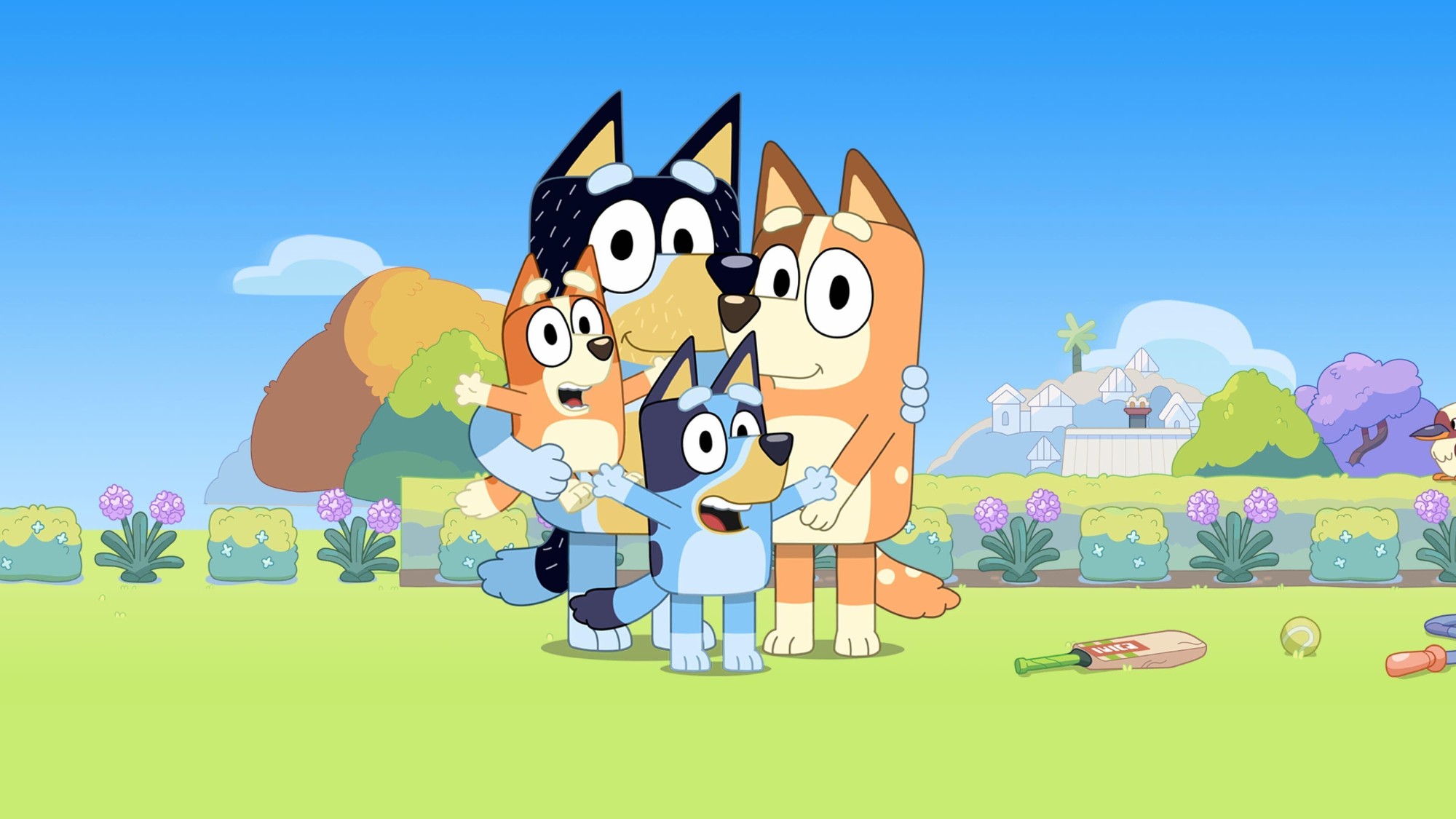 Disney is still shielding Americans from an episode of 'Bluey'
Disney is still shielding Americans from an episode of 'Bluey'Talking Points The US culture war collides with a lucrative children's show
-
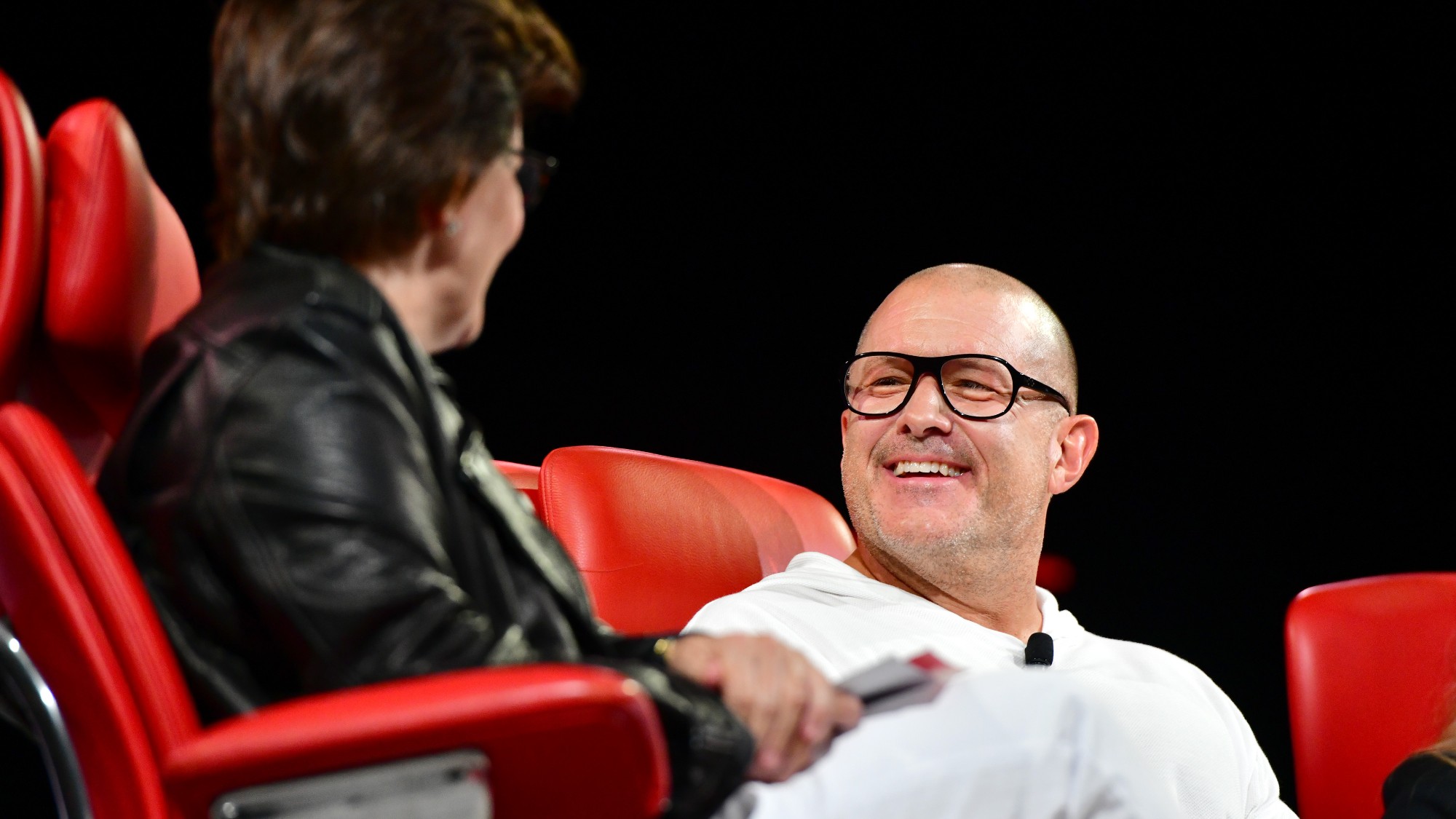 Jony Ive's iPhone design changed the world. Can he do it again with OpenAI?
Jony Ive's iPhone design changed the world. Can he do it again with OpenAI?Talking Points Ive is joining OpenAI, hoping to create another transformative piece of personal technology. Can lightning strike twice?
-
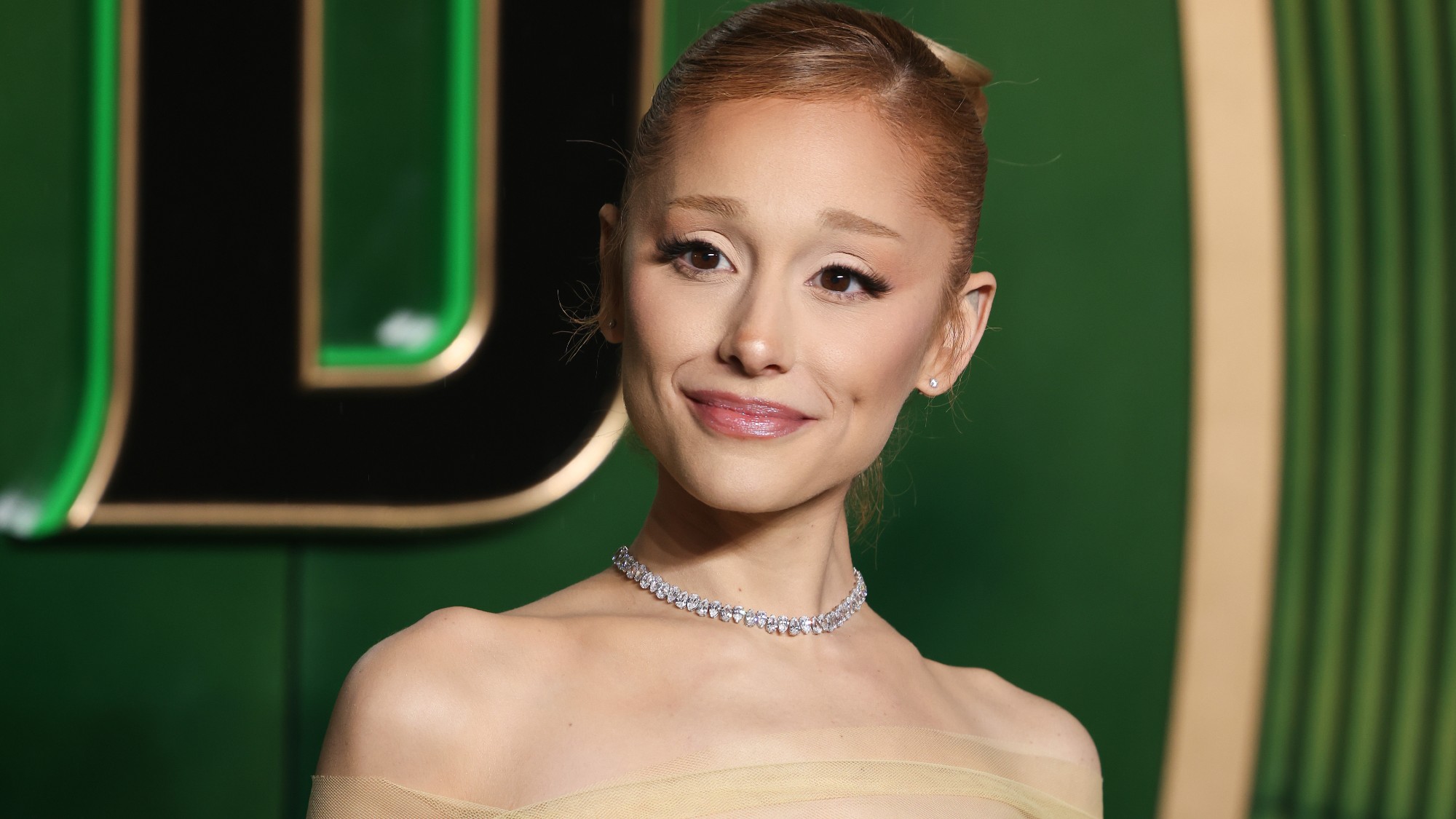 Is method acting falling out of fashion?
Is method acting falling out of fashion?Talking Points The divisive technique has its detractors, though it has also wrought quite a few Oscar-winning performances
-
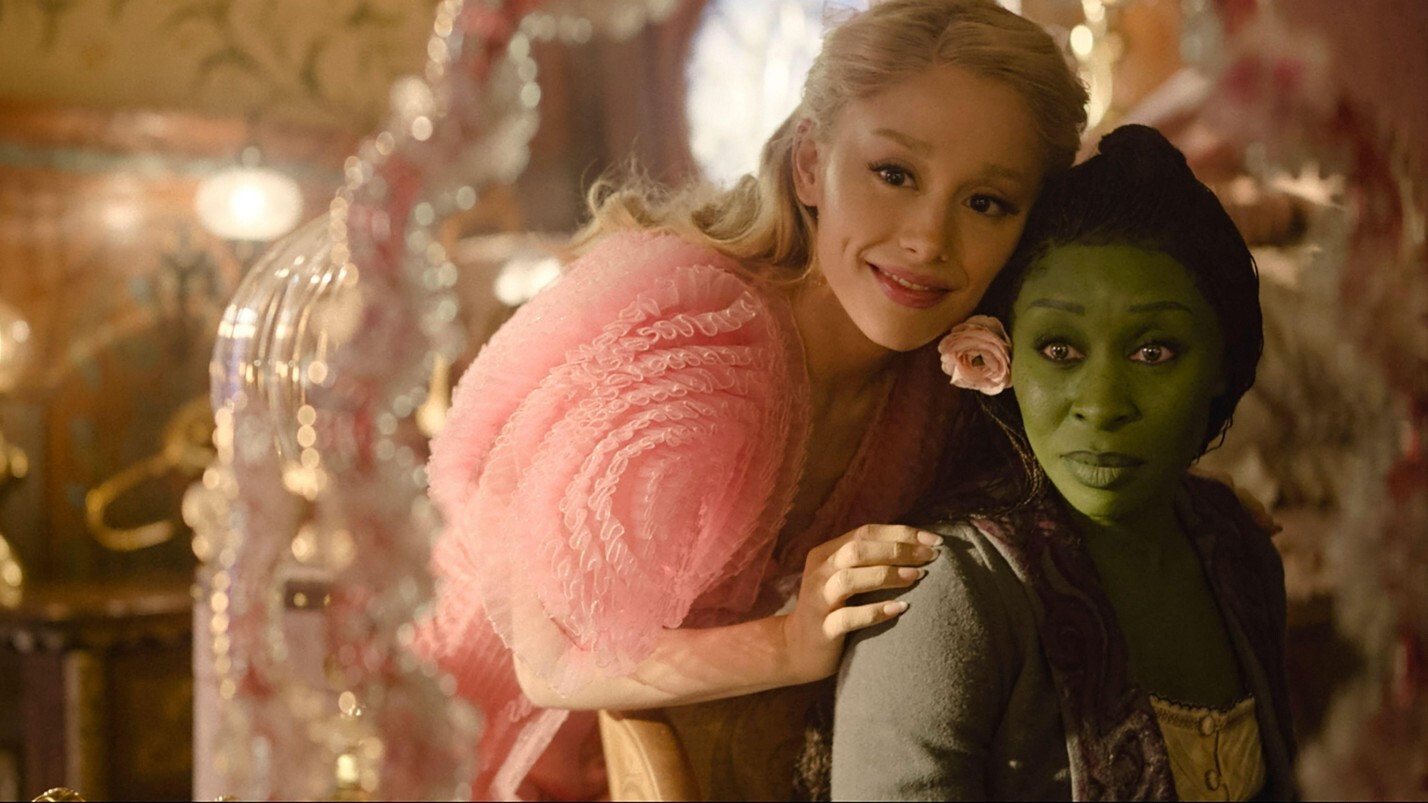 Wicked fails to defy gravity
Wicked fails to defy gravityTalking Point Film version of hit stage musical weighed down by 'sense of self-importance'
